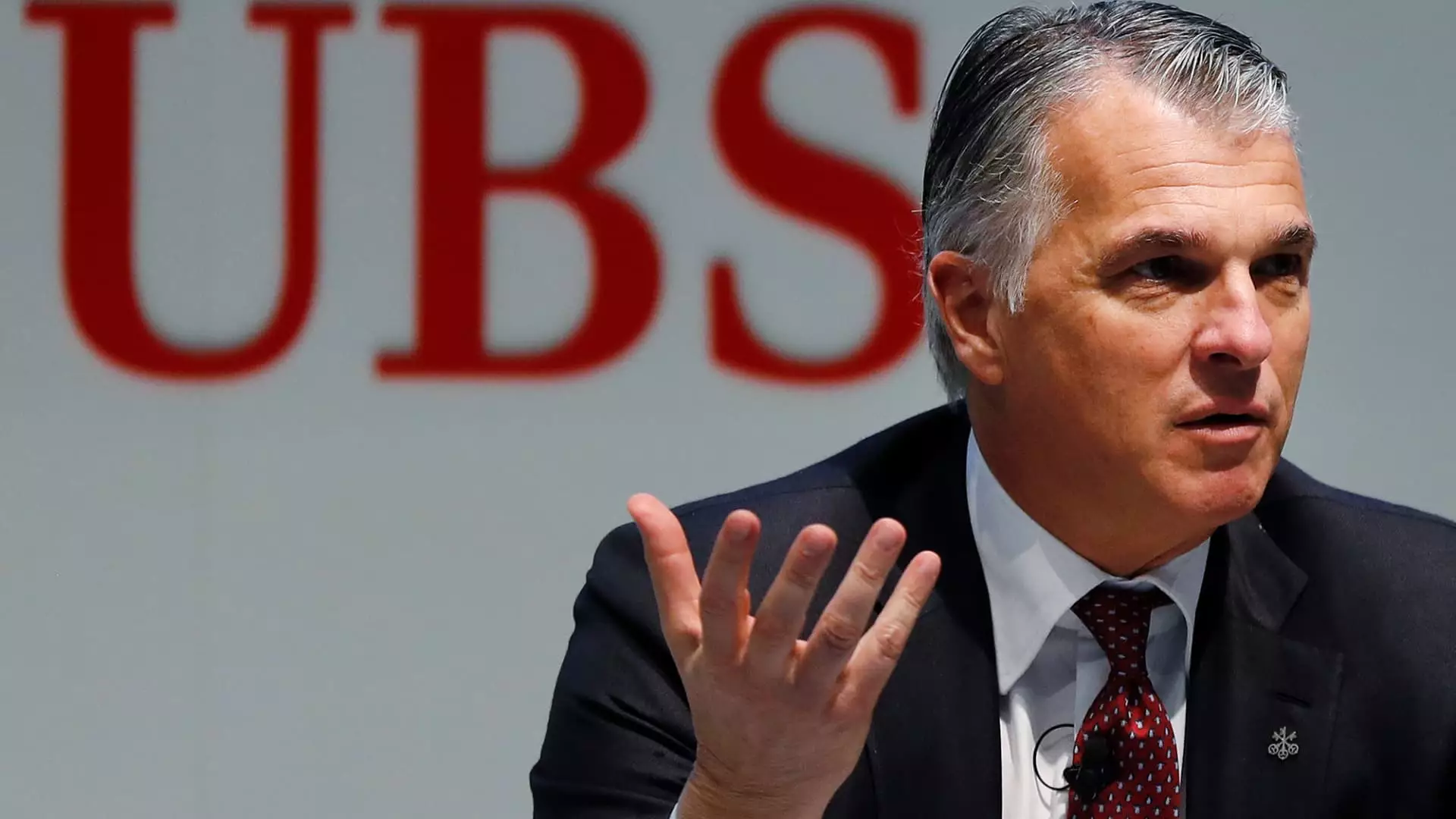Recent market volatility has caused UBS CEO Sergio Ermotti to express concerns about the possibility of a recession in the United States. Despite the sharp sell-offs in global equities and the weak economic data coming out of the U.S., Ermotti believes that a recession may not be imminent, but a slowdown is definitely a possibility. The Federal Reserve’s decision to keep rates on hold in July reflects the uncertainty surrounding the economy.
According to Ermotti, the current macroeconomic indicators do not provide a clear enough picture to predict a recession accurately. He believes that it is still premature to make any definitive statements about the state of the economy. However, he is confident in the Fed’s ability to step in and support the economy when needed, although the effects of their actions may take some time to materialize. UBS is expecting the Federal Reserve to cut rates by at least 50 basis points before the end of the year.
Ermotti attributes the expected increase in market volatility in the second half of the year to several factors. The upcoming U.S. presidential election in November is one element that could have a significant impact on the markets. Additionally, the overall geopolitical landscape and recent macroeconomic events have highlighted the fragility of certain aspects of the global economic system. These factors combined are likely to result in a higher level of volatility in the coming months.
One of the key uncertainties going forward is the response of central banks to the economic slowdown. In Switzerland, where UBS is headquartered, the central bank has already cut rates twice this year. Similarly, the European Central Bank and the Bank of England have each announced one rate cut. The question remains whether central banks will need to implement more aggressive rate cuts to counteract the economic slowdown.
While the increase in market volatility may present challenges, some experts see it as an opportunity for financial institutions like UBS. Bruno Verstraete, founder of Lakefield Wealth Management, believes that higher volatility can lead to increased trading income for companies like UBS. As the market shifts towards a more normal regime with higher volatility, financial institutions may be able to capitalize on the changing landscape.
The forecasted increase in market volatility in the second half of the year poses challenges for the global economy and financial markets. While concerns about a potential recession loom, the response of central banks and the upcoming U.S. presidential election will play a significant role in shaping the economic landscape in the months ahead. Financial institutions like UBS will need to adapt to the changing environment and find ways to navigate the increased volatility to ensure continued success.

